Retailers spent an additional £170m on processing card payments in 2017 as cards accounted for 75% of sales for the first time, according to the BRC’s latest annual payments survey.
The research showed that increasing card costs – which reached almost £1bn last year – have been driven entirely by card scheme fees, which rose by 39% in 2017.
These costs, which are borne by businesses of all sizes, have eroded the savings delivered by the Interchange Fee Regulation, which caps the fees that banks charge retailers for processing cars payments, the BRC said.
The BRC is calling for action from the government and the Regulator to address the problem of soaring scheme fees, which come at a time when retailers are facing cost pressures elsewhere.
BRC Head of Payments and Consumer Credit Andrew Cregan, said: “EU payment regulation introduced in 2015 delivered savings for the retail industry and consumers, but these benefits have now been eroded by increases in other card fees. In fact many smaller retailers have questioned whether savings were ever passed on by card companies.
“The BRC are now looking to the government and Regulator to tackle the alarming increases to card scheme fees imposed on retailers, and for action to simplify the complex fees and charges levied by the card payments industry.”
The survey revealed that cards accounted for 76% of all retail sales in 2017, as cash continued its ongoing decline both as a share of retail transactions (-0.5%) and as a share of retail sales (-1.2%).
The BRC Payments Survey data is a sample from 48% of the entire retail industry.

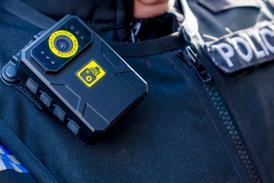







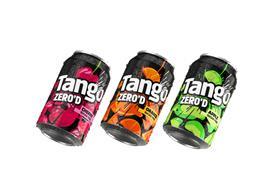


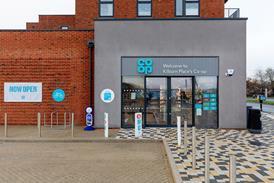









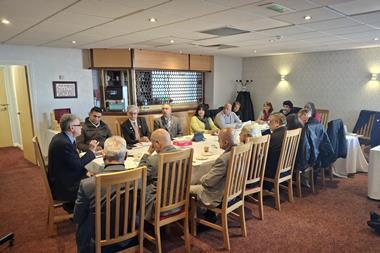



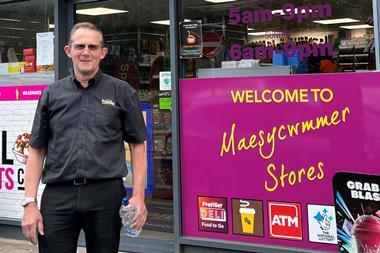
1 Readers' comment